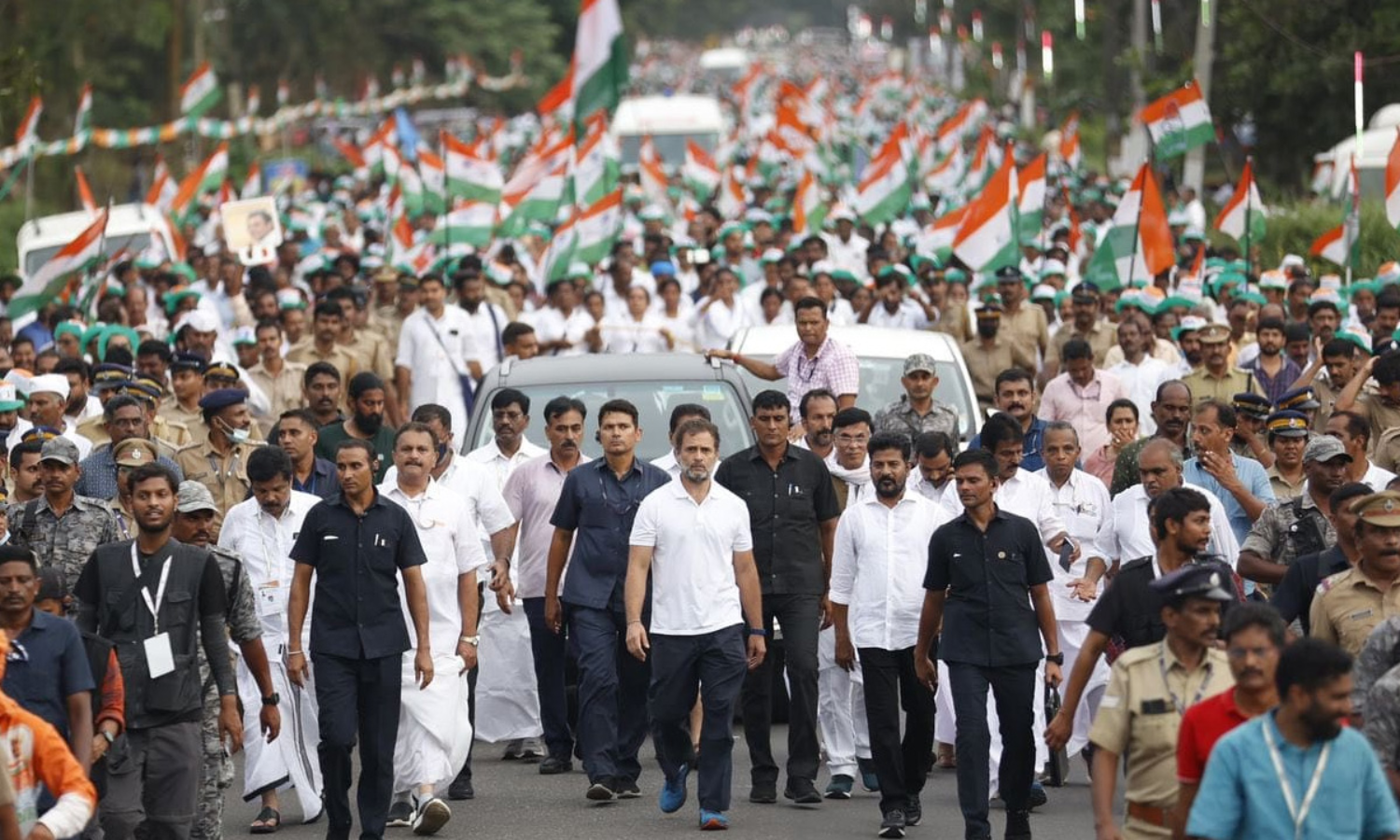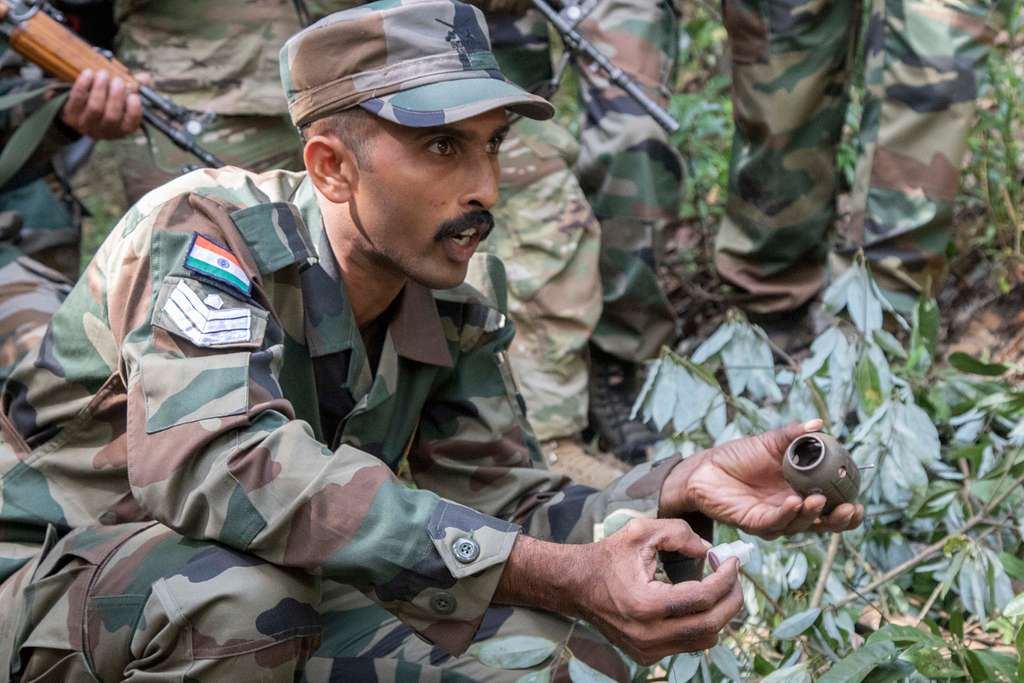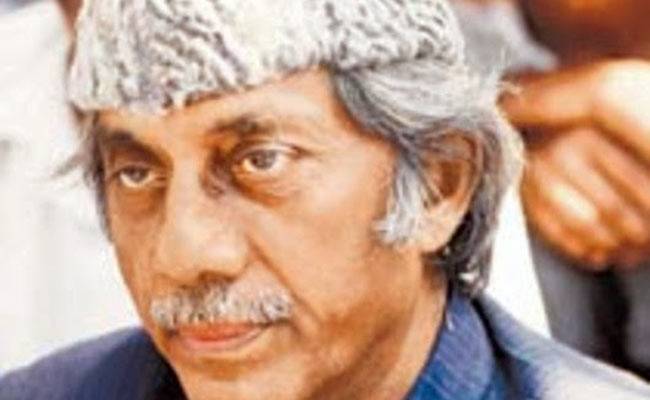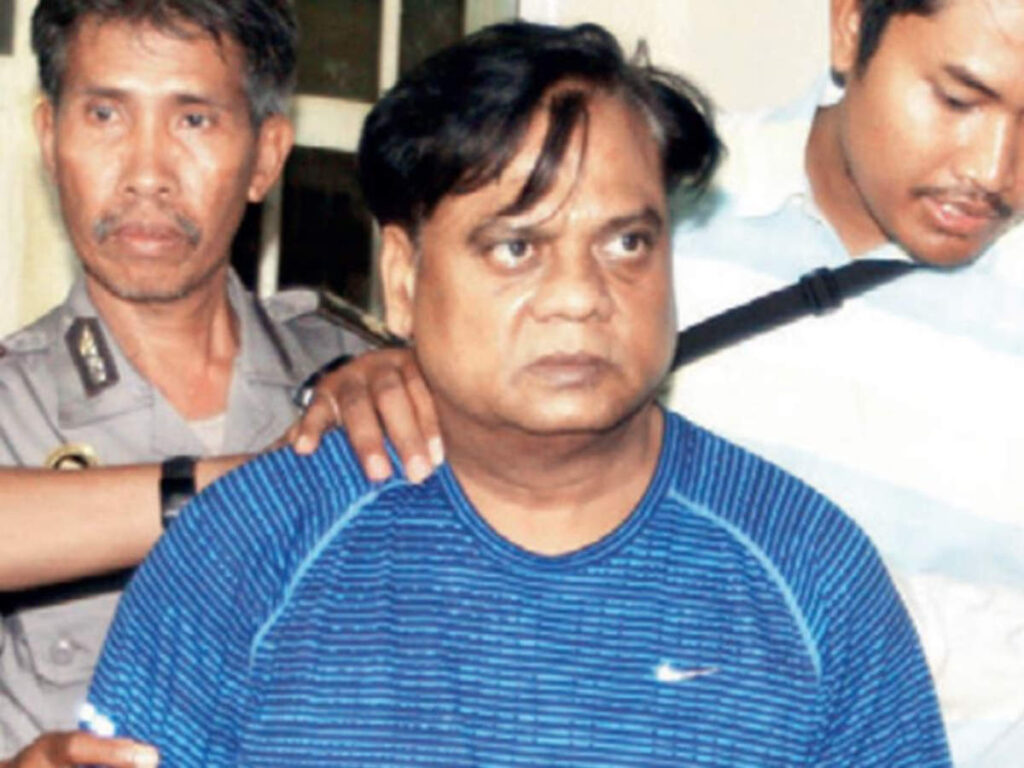Introduction: Rahul Gandhi, the scion of the Nehru-Gandhi family and a prominent leader in Indian politics, embarked on a significant initiative known as the “Bharat Jodo Yatra” (Unify India Journey). This yatra, or journey, symbolized Gandhi’s efforts to connect with diverse communities across India, understand their concerns, and promote unity, inclusivity, and progress. This article delves into the motivations behind Rahul Gandhi’s Bharat Jodo Yatra and its impact on Indian politics and societal cohesion.
Understanding the Bharat Jodo Yatra: The Bharat Jodo Yatra was a series of extensive tours and interactions undertaken by Rahul Gandhi, primarily focusing on rural areas, small towns, and marginalized communities across India. The yatra aimed to bridge regional divides, foster cultural exchanges, and highlight the shared aspirations and challenges faced by Indians from different backgrounds.
Motives Behind the Bharat Jodo Yatra:
- Connecting with Grassroots Communities: One of the primary motives of Rahul Gandhi’s yatra was to establish direct contact with grassroots communities, farmers, artisans, students, women, and workers from various sectors. By engaging in conversations, listening to their stories, and understanding their lived experiences, Gandhi sought to gain insights into their concerns, aspirations, and struggles.
- Promoting National Unity and Inclusivity: In a diverse country like India, with its multitude of languages, cultures, religions, and socio-economic backgrounds, promoting national unity and inclusivity is crucial for social harmony and progress. The Bharat Jodo Yatra aimed to bridge linguistic, cultural, and regional barriers, emphasizing the common bonds that unite Indians across the country.
- Empowering Local Leadership and Voices: Through the yatra, Rahul Gandhi aimed to empower local leaders, activists, and grassroots organizations working towards community development, social justice, and environmental sustainability. By amplifying their voices and highlighting their initiatives, Gandhi sought to encourage participatory democracy and bottom-up governance models.
- Highlighting Key Socio-Economic Issues: The yatra provided a platform for discussing and addressing key socio-economic issues such as agrarian distress, unemployment, education, healthcare access, women’s empowerment, and environmental conservation. Rahul Gandhi’s interactions with diverse stakeholders shed light on the complex challenges facing different regions and communities, informing policy priorities and advocacy efforts.
- Building Political Alliances and Electoral Outreach: While the Bharat Jodo Yatra had a broader societal and developmental focus, it also served as a strategic move to strengthen political alliances, mobilize grassroots support, and connect with voters ahead of crucial electoral cycles. Gandhi’s engagements during the yatra contributed to shaping the Indian National Congress’s (INC) narrative and electoral strategies.
Impact and Outcomes of the Bharat Jodo Yatra:
- Enhanced Grassroots Connect and Empowerment: Rahul Gandhi’s extensive travels and interactions during the yatra deepened his understanding of grassroots issues, local dynamics, and community aspirations. This direct engagement strengthened the INC’s outreach efforts and empowered local leaders and activists associated with the party.
- Focused Policy Advocacy and Reforms: Insights gained from the yatra informed Rahul Gandhi’s policy advocacy efforts and shaped the INC’s agenda on critical issues such as rural development, agriculture reforms, employment generation, healthcare access, and education reforms. Gandhi’s speeches and engagements highlighted these priorities in national debates and parliamentary discussions.
- Cultural Exchange and National Integration: By participating in local customs, festivals, and cultural events during the yatra, Rahul Gandhi promoted cultural exchange, communal harmony, and national integration. His inclusive approach resonated with communities across linguistic and regional divides, fostering a sense of unity and shared identity among Indians.
- Youth and Women’s Empowerment: The yatra provided platforms for engaging with youth forums, student groups, and women’s organizations, highlighting the importance of youth empowerment, education, skill development, and gender equality. Rahul Gandhi’s emphasis on inclusive policies and opportunities for these segments contributed to broader societal discussions and policy dialogues.
- Political Strategy and Electoral Impact: While the Bharat Jodo Yatra focused on developmental and societal agendas, it also had strategic implications for electoral politics. Gandhi’s efforts to connect with diverse communities, build alliances, and mobilize support contributed to electoral campaigns and party strategies during state and national elections.
Challenges and Criticisms: The Bharat Jodo Yatra, like any extensive political initiative, faced challenges and criticisms along the way. Some critics questioned the yatra’s impact on ground-level change, alleging it was a symbolic gesture without substantial policy outcomes. Others raised concerns about the political motivations behind the yatra, viewing it as a prelude to electoral campaigning rather than genuine grassroots engagement.
Additionally, logistical challenges, security considerations, and media scrutiny during the yatra posed practical hurdles for seamless interactions and engagements across diverse regions and communities. Managing expectations, addressing local grievances, and sustaining momentum beyond the yatra’s conclusion were ongoing challenges for Rahul Gandhi and the INC leadership.
Legacy and Future Directions: The Bharat Jodo Yatra remains a significant chapter in Rahul Gandhi’s political journey and the broader narrative of inclusive politics and nation-building in India. Its legacy lies in fostering dialogue, promoting unity amidst diversity, and highlighting the importance of grassroots empowerment and participatory governance.
Moving forward, Rahul Gandhi’s leadership and advocacy efforts continue to focus on key socio-economic issues, democratic reforms, and youth empowerment. The lessons learned from the yatra, including the need for sustained engagement, policy follow-through, and coalition building, shape the INC’s strategies for electoral contests and policy advocacy in a dynamic political landscape.
Conclusion: Rahul Gandhi’s Bharat Jodo Yatra exemplifies a nuanced approach to political leadership, community engagement, and nation-building initiatives in India. Beyond electoral considerations, the yatra underscored the importance of dialogue, inclusivity, and empathy in addressing complex socio-economic challenges and fostering national unity.
While criticisms and challenges persist, the yatra’s impact on grassroots connect, policy advocacy, and cultural exchange contributes to a broader discourse on participatory democracy, social cohesion, and inclusive development. Rahul Gandhi’s motives and efforts to unify India through such initiatives reflect a commitment to democratic values, pluralism, and holistic progress, resonating with diverse segments of society and shaping India’s political narrative for the future.






